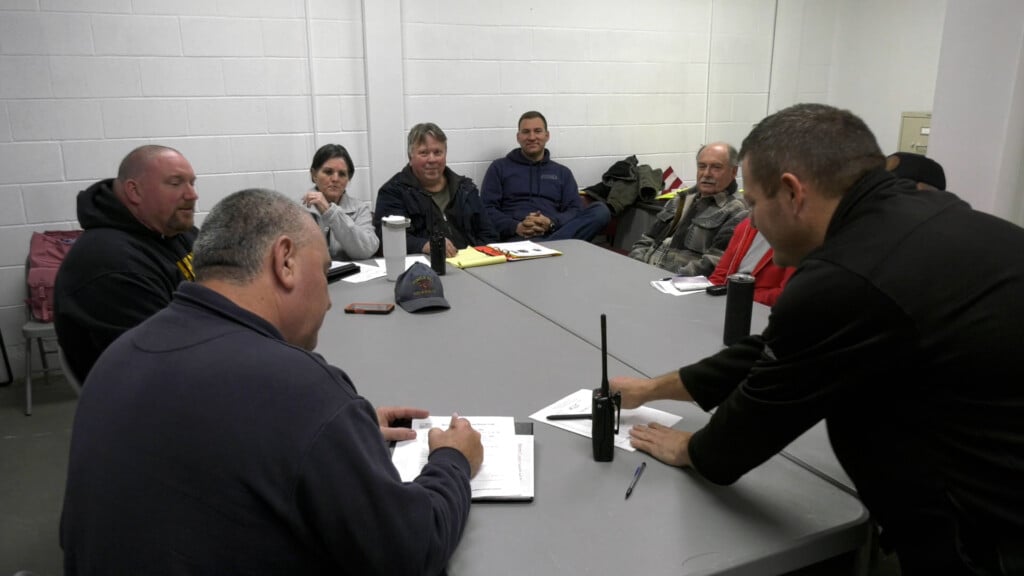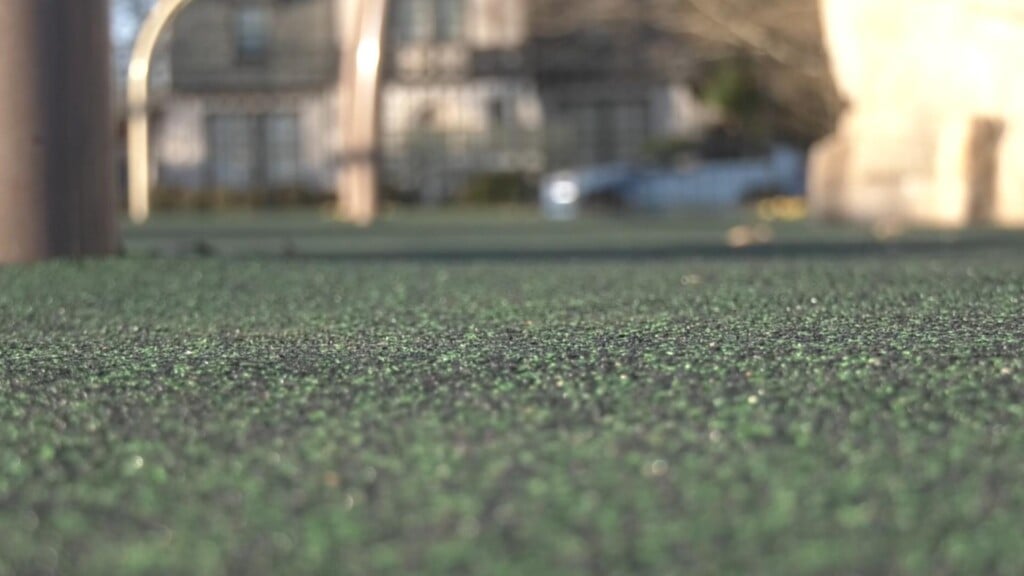Bowling green woman shares heart disease testimony – “research… could save someone else’s grandfather”
BOWLING GREEN, Ky. – February is heart disease awareness month. Heart disease kills one in three women and kills more women than all forms of cancer combined.
Lots of families are affected by heart disease. Chances are you probably know someone who’s been affected – maybe a friend or a colleague. Thats the case for us here at News 40. one of our producers, Stephanie McKinney, has seen heart disease affect her loved ones.
“It greatly affected my grandfather,” Mckinney shared. “He actually ended up passing away from complications from the heart disease. He was really young [when he died]. He was very young actually. He was 49 or 50. My grandmother had it, and my great grandmother had it also.”
She remembered how living with uncertainty became her family’s only certainty.
“To me that was my normal – getting a phone call or my mom picking me up from school and saying that he’s back in the hospital. That was normal to me.”
Stephanie, like many people, lives with the knowledge that heart disease runs in her veins.
“It’s always been in the back of my head,” she shared. “I’ve always been scared of losing family members very suddenly.”
This fear is why she spreads awareness and supports heart disease research.
“There eventually could be research that could save someone else’s grandfather,” she said. “It didn’t save my grandfather, but it could save someone else’s.”
Doctors like the director for heart failure and women’s cardiac health with Western Kentucky Heart, Lung and Gastroenterology Dawson Dowe are working every day to end that generational fear for people like McKinney. In the meantime, she makes her patients aware of how to prevent heart disease.
“Just start with knowing what you’re blood pressure is,” Dowe advised. “Your normal blood pressure should be less than 120/80. Know what your family history is, because if you have a mother or sister who has had cardiovascular disease such as a heart attack or a stroke, that puts you at risk. If you have diabetes, know what your fasting glucose is. Also know what your cholesterol number is. We are able to calculate what your risk is in the next 10 years and put you on medication‘s that can decrease those risk.”
She also said stopping smoking, eating healthily and exercising are all essential steps toward a healthy heart.
McKinney agrees, saying “If it saves someone else’s grandparents or parents, then it’s worth it.”




